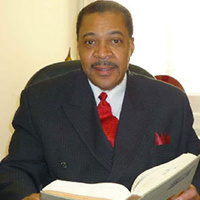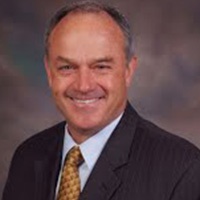East Earl RICO Act Lawyer, Pennsylvania
Sponsored Law Firm
-
 x
x

Click For More Info:
-
Ciccarelli Law Offices
Numerous Office Locations Available» view mapCriminal Defense Success Is Our Mission
You gain the resources of a Team with 100 years of combined experience fighting for their clients throughout Pennsylvania.
888-240-0896
Not enough matches for East Earl RICO Act lawyer.
Below are all East Earl Criminal lawyers.
Angelo Leroy Cameron
✓ VERIFIEDAngelo graduated from St. Joseph’s University, Philadelphia PA, with a Bachelor of Science in Political Science, Latin American Studies and Economic... (more)
Curtis E. Barnes
✓ VERIFIEDLocated in the City of Reading, Berks County, Pennsylvania, Curtis E. Barnes is a skilled criminal defense attorney representing individuals charged w... (more)
Michael J. Reed
✓ VERIFIEDMichael Reed practices law in Pennsylvania. He attended Villanova Law and have practiced for more than 25 years in Chester County. The cases have been... (more)
Lee Ciccarelli
✓ VERIFIEDLee Ciccarelli is the founder and motivating force behind Ciccarelli Law Offices, a lawfirm with a team approach aimed at engaging our clients while p... (more)
FREE CONSULTATION
CONTACTFREE CONSULTATION
CONTACTTamara E. Hogan
FREE CONSULTATION
CONTACTFREE CONSULTATION
CONTACTFREE CONSULTATION
CONTACT Lee Ciccarelli West Chester, PA
Lee Ciccarelli West Chester, PA AboutCiccarelli Law Offices
AboutCiccarelli Law Offices Practice AreasSpecializations
Practice AreasSpecializations





